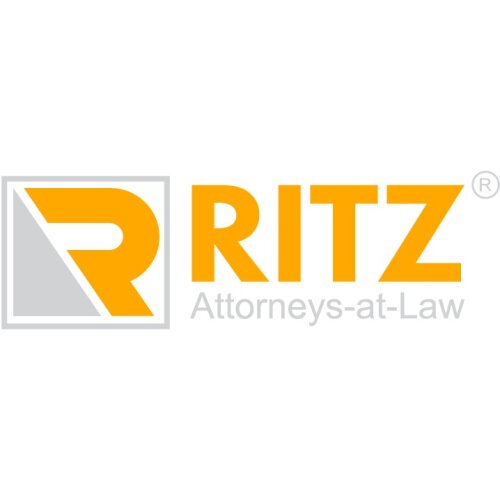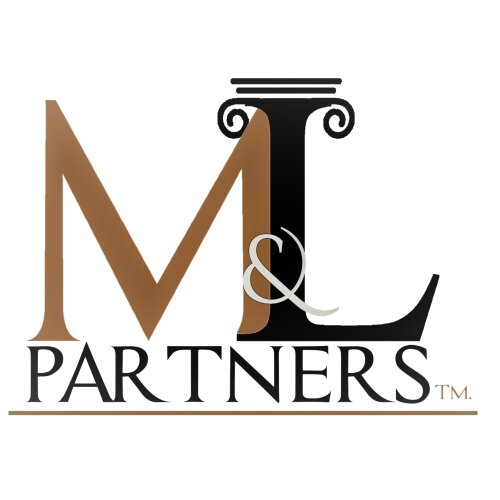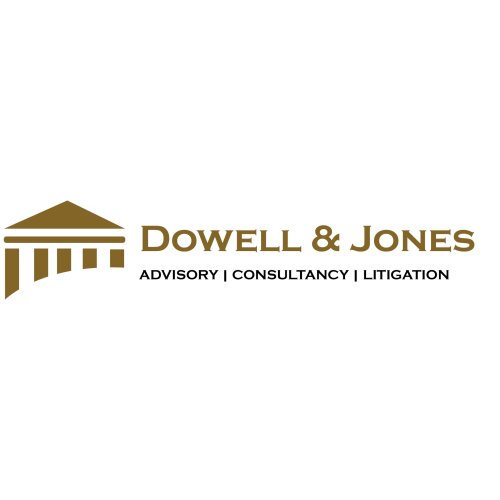Best Sanctions & Export Controls Lawyers in Malawi
Share your needs with us, get contacted by law firms.
Free. Takes 2 min.
Or refine your search by selecting a city:
List of the best lawyers in Malawi
About Sanctions & Export Controls Law in Malawi
Sanctions and export controls refer to the laws and regulations that restrict or regulate the trade and transfer of goods, technology, services, and funds across Malawi's national borders. These controls are often imposed to comply with international obligations, protect national security, prevent the proliferation of weapons, uphold human rights, and safeguard the country's economy. In Malawi, such laws are influenced by both domestic legislation and commitments to international bodies like the United Nations, African Union, and the Southern African Development Community (SADC). This legal field ensures that businesses and individuals do not engage in prohibited trade or inadvertently support activities contrary to Malawi’s laws and global obligations.
Why You May Need a Lawyer
Sanctions and export controls laws are complex and violations can result in severe penalties, including hefty fines, loss of licenses, reputational damage, and even criminal prosecution. You may need a lawyer in situations such as the following:
- Navigating compliance with domestic and international sanctions affecting business operations
- Applying for export or import licenses for controlled goods, technology, or services
- Facing investigations for alleged breaches of export controls or sanctions regulations
- Understanding the implications of dealing with embargoed countries or sanctioned individuals
- Seeking guidance on anti-money laundering (AML) provisions tied to sanctions laws
- Dealing with asset freezing orders or transactions involving suspicious entities
Given the potential legal, financial, and operational consequences, professional legal assistance ensures compliance and effective risk management in this highly regulated field.
Local Laws Overview
Malawi has enacted several statutes and adopts regulations that collectively make up its sanctions and export controls framework. Key aspects include:
- Control of Goods Act: Governs the importation and exportation of specified goods, including necessary licensing and seizure provisions for illegal trade.
- Customs and Excise Act: Regulates how goods move across Malawian borders, customs duties, and declarations.
- Financial Crimes and AML Legislation: Outlines controls for transactions with potentially sanctioned persons or organizations, and the freezing of assets involved in illegal trade or terrorist financing.
- International Sanctions: Malawi is bound by certain United Nations Security Council Resolutions and other international obligations, meaning that local entities must comply with measures such as asset freezes, travel bans, and embargoes as prescribed.
Authorities such as the Ministry of Industry and Trade, Malawi Revenue Authority, and the Financial Intelligence Authority play crucial roles in enforcement, monitoring, and guidance.
Frequently Asked Questions
What are sanctions and export controls?
Sanctions restrict trade, financial transactions, or travel with certain nations, organizations, or individuals, while export controls regulate the shipment and transfer of certain goods, technology, or services to foreign jurisdictions.
Who supervises these laws in Malawi?
Several agencies oversee compliance, including the Ministry of Industry and Trade, the Malawi Revenue Authority (for customs and excise), and the Financial Intelligence Authority (for financial sanctions and AML controls).
Do international sanctions apply in Malawi?
Yes, Malawi enforces international sanctions, particularly those adopted by the United Nations, as well as regional measures through the African Union and SADC.
What goods are subject to export control in Malawi?
Controlled goods often include firearms, dual-use technology, pharmaceuticals, precious minerals, and agricultural commodities. Exact lists are periodically updated by government agencies.
How can I find out if a person or entity is sanctioned?
You can consult published lists from the United Nations, Malawi government publications, or request guidance from regulatory agencies such as the Financial Intelligence Authority.
What are the penalties for violating sanctions or export controls?
Penalties can include fines, confiscation of assets, loss of export licenses, imprisonment, and reputational harm.
Do I need a special license to export controlled goods?
Yes, exporting controlled goods generally requires a formal license issued by the relevant government department, typically the Ministry of Industry and Trade.
Can I appeal if my goods are seized or my license is denied?
You have the right to request a review or appeal decisions through administrative or judicial channels, often with legal assistance.
What role does due diligence play in export controls?
Due diligence is critical to ensuring your trading partners and transactions do not violate sanctions or lead to illegal exports. This often involves background checks or screening against sanction lists.
How can a lawyer help with sanctions and export controls issues?
A lawyer can interpret complex laws, facilitate licensing, manage investigations, represent you in disputes, and ensure ongoing compliance with both local and international obligations.
Additional Resources
If you seek further information or assistance on sanctions and export controls in Malawi, consider the following resources:
- Ministry of Industry and Trade (for licensing and policy queries)
- Malawi Revenue Authority (for customs and border regulatory issues)
- Financial Intelligence Authority (for financial sanctions and compliance guidance)
- Department of Immigration and Citizenship Services (for travel-related sanctions)
- The Malawi Law Society (to locate qualified legal practitioners)
- United Nations and African Union websites (for current sanctions lists and guidance)
Next Steps
If you require legal assistance regarding sanctions and export controls matters in Malawi, take the following steps:
- Document your situation fully, including correspondence, contracts, licenses, and any communications with authorities.
- Identify which regulatory body or agency your issue is most relevant to.
- Contact a lawyer with expertise in sanctions and export controls. The Malawi Law Society can help you find a qualified practitioner.
- Request an initial consultation to assess your situation, discuss your rights and obligations, and map out a compliance or defense strategy.
- Follow the lawyer’s guidance on responding to government queries, appealing decisions, or remedying past contraventions.
Managing sanctions and export controls can be daunting, but prompt and informed legal guidance will help you navigate these challenges confidently and compliantly.
Lawzana helps you find the best lawyers and law firms in Malawi through a curated and pre-screened list of qualified legal professionals. Our platform offers rankings and detailed profiles of attorneys and law firms, allowing you to compare based on practice areas, including Sanctions & Export Controls, experience, and client feedback.
Each profile includes a description of the firm's areas of practice, client reviews, team members and partners, year of establishment, spoken languages, office locations, contact information, social media presence, and any published articles or resources. Most firms on our platform speak English and are experienced in both local and international legal matters.
Get a quote from top-rated law firms in Malawi — quickly, securely, and without unnecessary hassle.
Disclaimer:
The information provided on this page is for general informational purposes only and does not constitute legal advice. While we strive to ensure the accuracy and relevance of the content, legal information may change over time, and interpretations of the law can vary. You should always consult with a qualified legal professional for advice specific to your situation.
We disclaim all liability for actions taken or not taken based on the content of this page. If you believe any information is incorrect or outdated, please contact us, and we will review and update it where appropriate.
Browse sanctions & export controls law firms by city in Malawi
Refine your search by selecting a city.
















